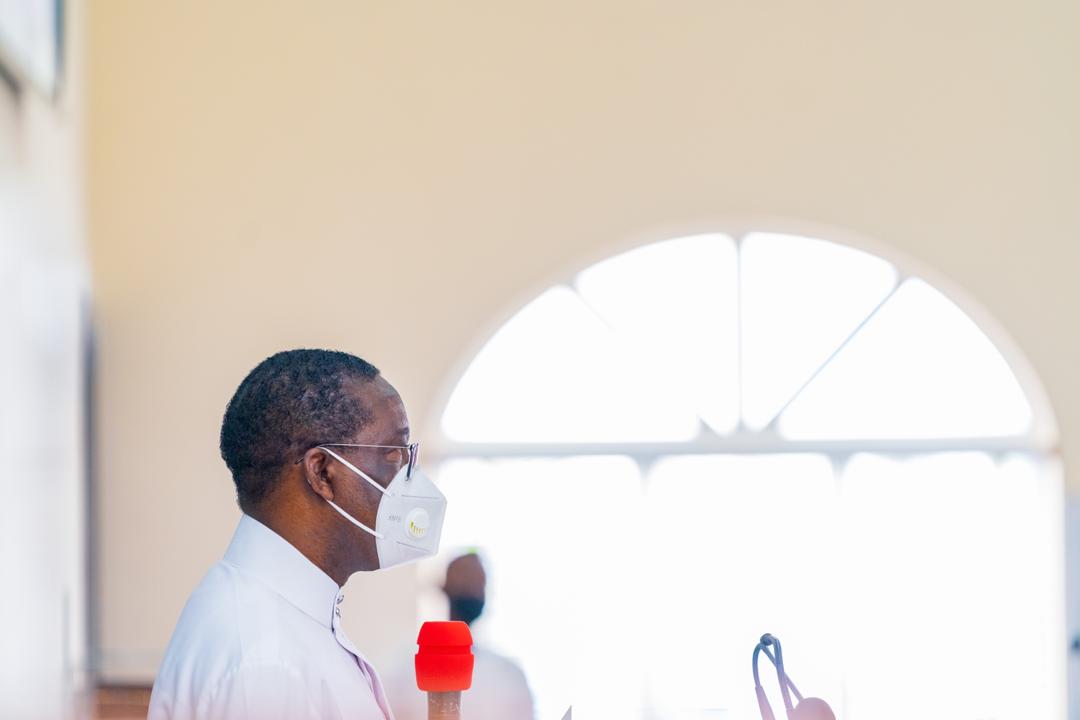Governor Ifeanyi Okowa of Delta has said that the State Government had trained and empowered no fewer than 100,000 youths to become entrepreneurs in the last six years.
He stated this in a state broadcast to mark his 6th anniversary in office as governor.
The governor said his administration from the onset took swift and decisive actions on the issue of youth unemployment.
He said that the large army of unemployed graduates and secondary school leavers was a clear danger to the peace and security of the state hence his administration resolved to work towards making them job creators instead of job seekers.
“As an administration, we were clear what needed to be done – equip these young people with the requisite technical know-how, vocational skills, values and resources to become employable and self-employed.
“To drive this process, we established the Technical and Vocational Education Board and created a special purpose vehicle, the Office of the Chief Job Creation Officer.
“After six years, we can be proud of the progress we have made in this regard with the successful training of at least 100, 000 persons to start up their own businesses,” he said.
Okowa said that the job creation programme was impacting positively on the growth and development of Micro, Small and Medium Enterprise (MSMEs) sub-sector in the state.
“In 2020, the National Bureau of Statistics released two major statistics, first on Poverty-Population ratio among states in Nigeria, and second, on unemployment rate in the country.
“Both statistics took cognizance of both the national average and prevailing averages across the 36 states. In both instances, Delta State recorded appreciable improvement and growth, both in terms of number of people rescued from poverty and those saved from the unemployment market.
“Delta was adjudged to be the second least poor state, coming only after Lagos, Nigeria’s business hub. The report revealed that Delta achieved a score of 6 per cent on poverty-to-population ratio.
“This means that only six per cent of the population survive on the breadline of less than $1 per day. By implication, 94 per cent of Deltans live above $1 per day,” he added.
Okowa said that the impressive poverty reduction ranking of the state was the outcome of interplay of factors, including efficient public resource management, sound economic policies, and effective sector interventions.
The governor also said that urban-rural integration in the state was rapidly improving with his administration‘s deliberate effort at developing key infrastructure in rural and riverside communities.
He said that since May 29, 2015 when he assumed duty as Governor, his administration had constructed roads and provided other physical infrastructure that were vital and of great impact on the people.
The governor remarked that he was proud of his administration’s achievements in riverside communities that were hitherto difficult terrains, saying “this administration is particularly proud of its achievements in road construction in our riverside communities.
“This amply demonstrates our political will to bring development to every part of the state, no matter how remote. Notable among these roads is the 20.29-kilometres Obotobo 1- Obotobo 11–Sokebolou–Yokri road in Burutu Local Government Area.
“It is not just the length of the road that makes this project unique; it is that the road is located right beside the Atlantic Ocean with all the human, material, ecological and financial implications that this difficult terrain presents.
“Consequently, we have advanced rural-urban integration while ensuring that our urban centres remain liveable through growth and renewal,” he added.

 Join Daily Trust WhatsApp Community For Quick Access To News and Happenings Around You.
Join Daily Trust WhatsApp Community For Quick Access To News and Happenings Around You.

